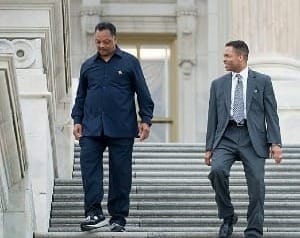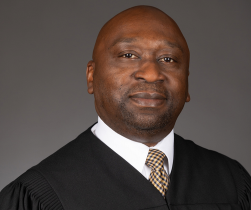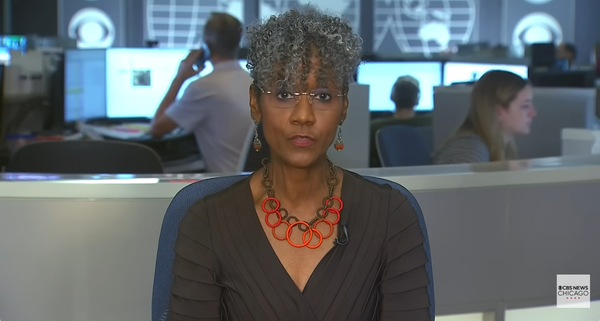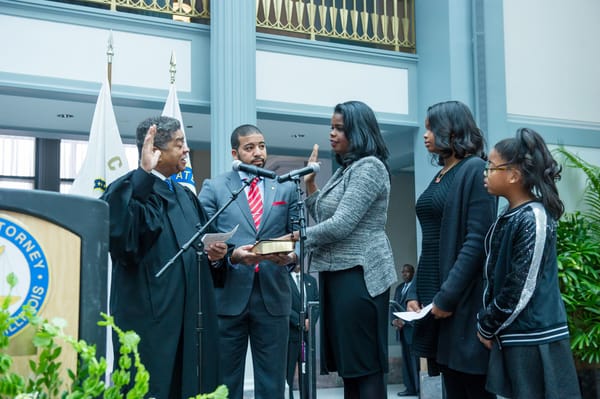Introducing the Cook County Courtroom Observer
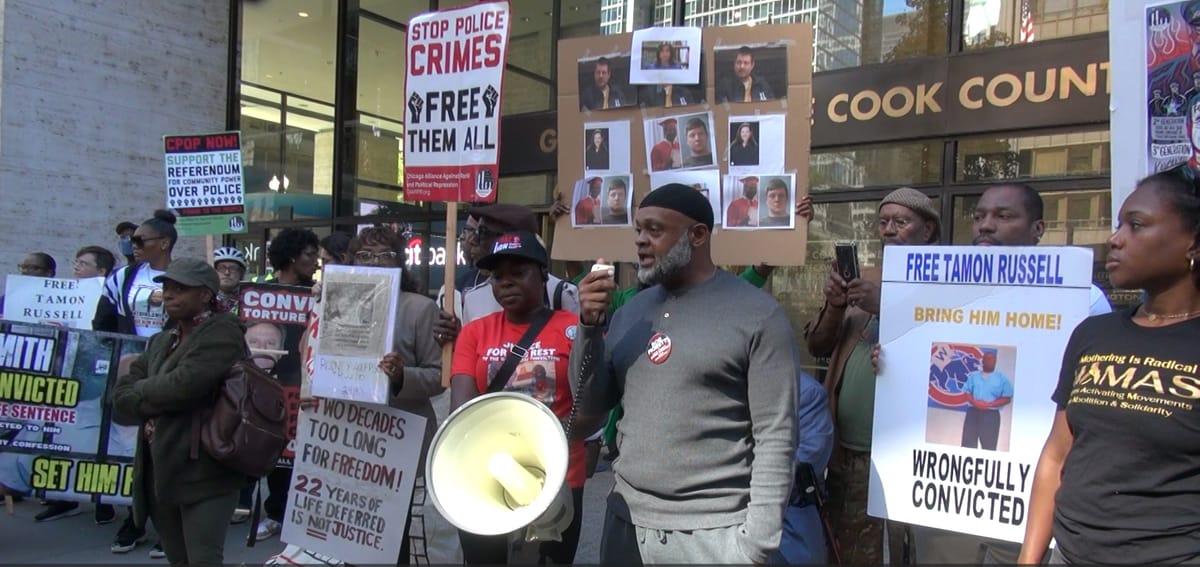
Training a solutions journalism lens on wrongful convictions in Illinois
Today I pressed the publish button on the first edition of the Cook County Courtroom Observer, a newsletter that aims to train a solutions journalism lens on the problem of wrongful convictions in Illinois.
It’s a project that I’ve been working on as a member of the eighth cohort of the CUNY Craig Newmark Graduate School of Journalism 100-day Entrepreneurial Journalism Creators Program, which wrapped in mid June.
Writing something about my hometown’s legacy of putting innocent people behind bars has been nagging at me during the day and keeping me awake at night since I stumbled upon a case two summers ago that could result in someone being sentenced to decades behind bars for a crime that didn’t even happen.
When I learned about this case, it was my plan to root for justice — whatever that would mean — from the sidelines, while I continued switching careers from journalism to cybersecurity.
A couple of months before the pandemic lockdowns I accidentally enrolled into a two-week cyber bootcamp. Since it took 90 minutes to get to the class, I decided that I might as well take a seat.
But by lunchtime I was hooked. The instructors told me that I was good at it. One Zoom bootcamp led to another and by summer 2022 I had a handful of certifications that I hoped would give me the credibility to pursue a gig in digital forensics.
It would be the perfect combination of the news reporter skills I had cultivated over the past dozen years and the understandings about computers that seeped into my brain while growing up watching my father piece together motherboards in his side hustle as a TV and computer repairman.
But then I started researching the case.
It had never been my plan to cover cops and courts, but when I saw the misconduct, I could not unsee it.
Observing violations of a person’s constitutional rights in the kind of buildings I sketched as a Chicago Public Schools student taking electives in architecture, called into question everything I had come to respect about American jurisprudence, albeit flawed, during my voluntary exile to the nation’s capital where I’ve been covering lobbyists and lawmakers.
So in addition to seeking out Capture the Flag events, I began stealing away to the city of my birth. In the pursuit of truth, I deployed the skills I learned as a cybersecurity bootcamper to investigate the government’s investigation.
I found the kind of exculpatory evidence that surfaces decades later when from behind bars, an accused person is trying to navigate an unyielding system that places a very high bar for introducing evidence that could exonerate.
The insights I have gained from regulatory reporting allowed me to train a critical eye on how failures to follow policy can lead to disastrous results. At the same time blind application of flawed protocols can result in irreparable harm to people and their communities.
As an independent journalist, what could I do with these insights?
After reaching out to a few editors, I have come to realize that journalism excels at producing compelling narratives after a person is wrongfully convicted and serving a lengthy sentence, but it doesn’t do so well at holding the powers-that-be accountable in the months and oftentimes years of pre-trial deliberations.
The recent case of Darien Harris, who spent a dozen years in prison after prosecutors supported its murder case against him with the testimony of a legally blind eyewitness, illustrates the problem. Illinois seems to have no qualms about practices that play fast and loose with someone’s freedom.
“In the adversarial system [of criminal prosecution] there’s no room for truth,” Lauren Kaeseberg, legal director at the Illinois Innocence Project said Monday at an event in Chicago marking the tenth anniversary of International Wrongful Conviction Day, recognized today, October 2nd.
So how can journalists apply a patch, do some fuzzing, implement anti-malware techniques with the aim of inserting truth back into the process to prevent these false positives? Can we produce some ethical hacker-style reporting toward ensuring that everyone truly has access to justice?
Can journalism do more to comfort afflicted communities and afflict the very comfortable powers-that-be?
Pursuit of an answer will drive my work over the next 18 months. I aim to use the Cook County Courtroom Observer to unpack why the odds of being falsely accused and convicted in the Land of Lincoln are so high and what might be done about it.
I don’t start this newsletter from privileged self-righteousness.
I grew up on the southside of Chicago in neighborhoods that indeed were impacted, dare I say targeted for the removal of people from our community.
My conclusion after watching hours of pretrial hearings: criminal justice in Illinois is a peculiar system where mistakes, missteps and deliberate acts that stretch the boundaries of the law on the front end lead to lengthy detainments that rob neighborhoods of community, familial association, civic participation and economic growth on the back end.
And nobody there seems to be doing any fact-checking.
I approach this project with delayed outrage, but also fear of disappointing everyone. Crime happens and there are victims, but regardless of what side we are on, don’t we all suffer from this faulty system of justice?
Although 700 miles from ground zero I’ve been listening, learning and trying to figure out how I can contribute to the best interests of the community. When they asked me to come back to Chicago to cover the issue, I began looking for outlets for this type of storytelling.
At a journalism conference in Atlanta last spring, I struck up a conversation with someone about my challenges finding a publishing partner and she said, “Why don’t you just create a Substack and publish it yourself?”
I started researching, signed up for an account, but still wasn’t quite sure what would be my point of entry.
Then at a journalism conference in Philadelphia a few months later, I saw a flyer about EJCP. Despite the anxiety of competing with U.S.-based and international journalists, on the last day I submitted my application.
One hundred days ago, I went into the project with uncertain feelings about how to position the Cook County Courtroom Observer in a city with a very robust news ecosystem.
After 12 weeks of workshops with people who are walking the line of independent storytelling, the doubt still exists of whether or not this project — which indeed fills a gap in coverage of this persistent problem — can make a meaningful difference.
But thanks to EJCP and the Chicago community I have some direction on how I might make it work. I’m gonna start out curating. But I also have a plan to produce original reports in the effort to unpack why my beloved hometown maintains its dubious distinction as the nation’s capital of wrongful convictions.
If you would like join me in this effort, please subscribe, please share your ideas and insights and please stay tuned for more from the Cook County Courtroom Observer.
